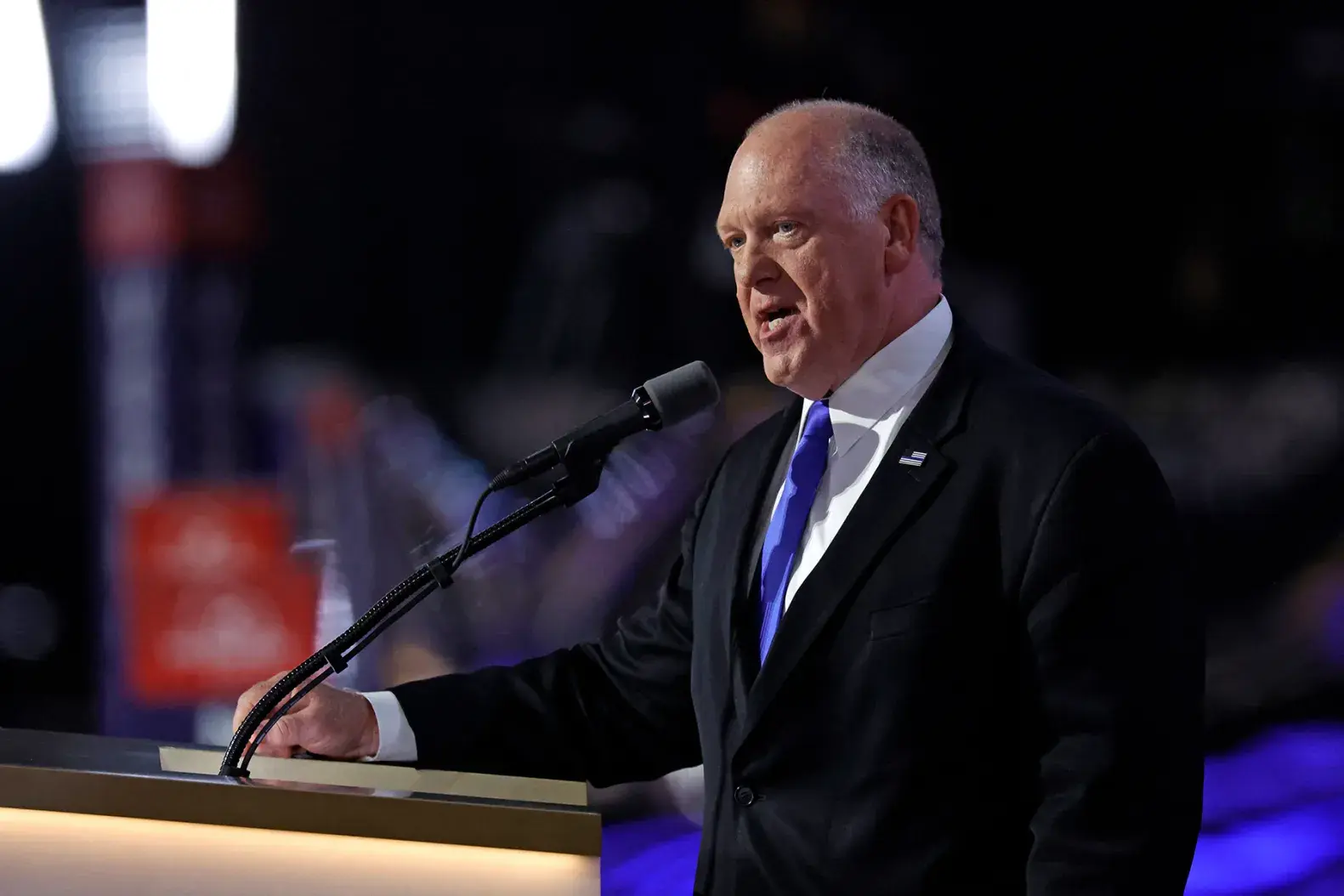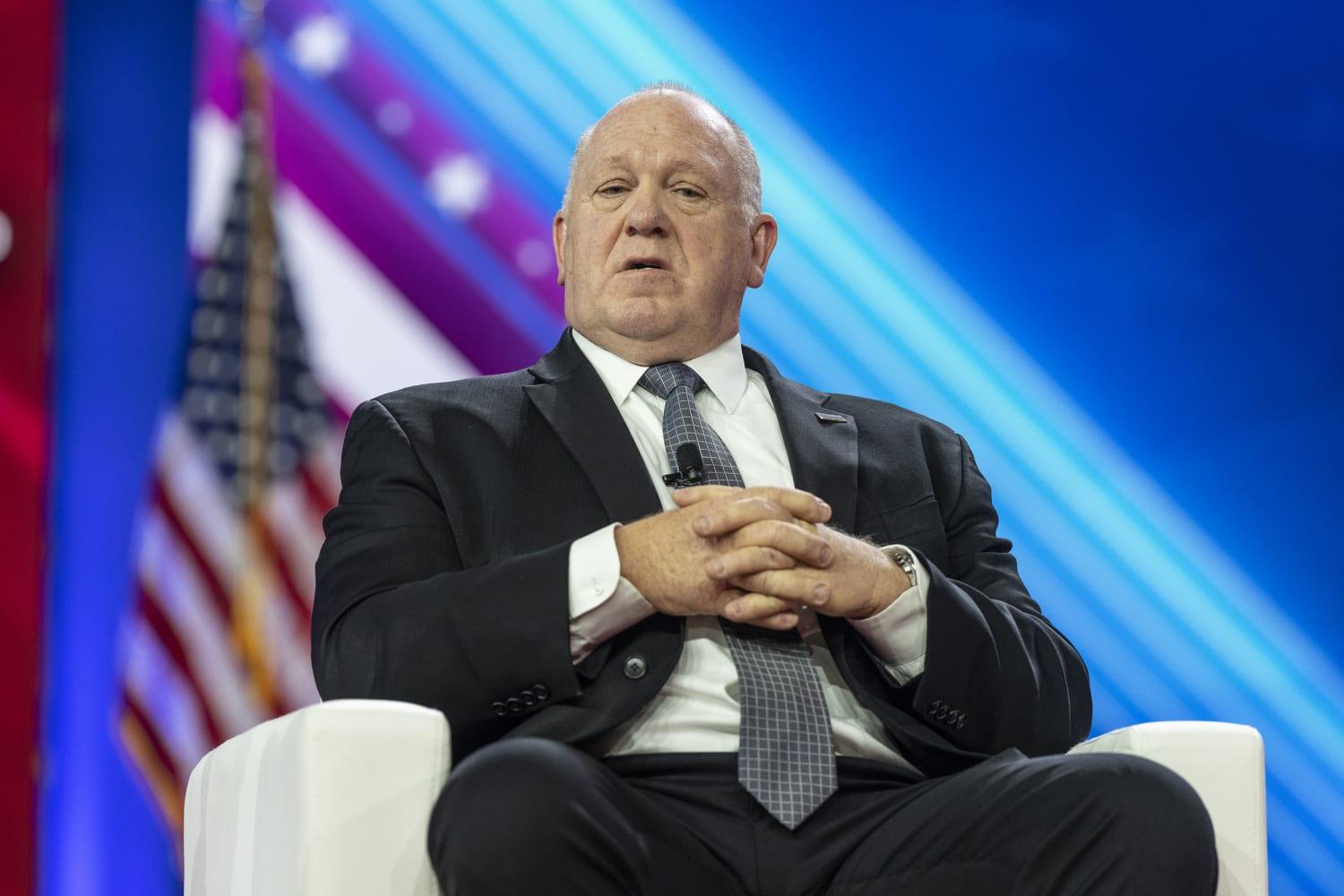Border Czar Tom Homan hinted at further arrests of public officials for allegedly harboring illegal immigrants or obstructing federal immigration enforcement, escalating tensions over the Trump administration’s aggressive immigration policies. Speaking to reporters outside the White House on May 1, 2025, Homan referenced recent actions in Wisconsin and suggested more are forthcoming, stating, “wait to see what’s coming.” His comments follow the arrest of Milwaukee County Circuit Judge Hannah Dugan, charged with obstruction for allegedly aiding an illegal immigrant, Eduardo Flores-Ruiz, in evading Immigration and Customs Enforcement (ICE) at a courthouse. This incident, coupled with another judicial arrest within 24 hours, signals a broader crackdown on officials perceived to undermine federal authority.

Homan’s remarks align with the Justice Department’s directive to prosecutors, issued in January 2025, to investigate state and local officials impeding immigration enforcement. The memo, authored by acting Deputy Attorney General Emil Bove, cites potential criminal charges, including conspiracy and harboring offenses, for those obstructing federal functions. This legal framework supports Homan’s warnings that knowingly concealing illegal immigrants constitutes a felony, a line he claims some officials have crossed. In Wisconsin, a memo from Governor Tony Evers’ administration advised state employees to limit cooperation with federal immigration agents, prompting Homan’s pointed response.
The Trump administration’s immigration strategy, now in its 100th day as of April 28, 2025, prioritizes deportations and border security. Homan reported 139,000 deportations since January 20, though monthly figures lag behind the Biden administration’s. He anticipates a rise in arrests as operations expand beyond violent offenders to include non-criminal illegal immigrants, particularly in sanctuary cities like Chicago, New York, and Los Angeles, where local policies restrict cooperation with ICE. These cities face “collateral arrests” of non-priority individuals encountered during raids, a tactic Homan defends as necessary when local jails refuse federal detainer requests.
Critics, including immigrant rights groups, argue that targeting public officials risks chilling local governance and exacerbates fear in communities. The American Civil Liberties Union is expected to file lawsuits challenging these arrests, citing potential overreach. Meanwhile, posts on X reflect polarized sentiment, with some users praising Homan’s resolve—“Tom’s a boss, and he clearly isn’t messing around”—while others decry the arrests as politically motivated. The administration’s plans, backed by executive orders targeting sanctuary cities and unleashing law enforcement, face logistical hurdles, including limited detention space and congested immigration courts.
 Homan’s hints at more arrests underscore the Trump administration’s commitment to reshaping immigration enforcement, even at the cost of legal and political battles. As operations intensify, the focus on public officials could redefine the boundaries of federal and local authority, with significant implications for sanctuary jurisdictions and the broader immigration debate.
Homan’s hints at more arrests underscore the Trump administration’s commitment to reshaping immigration enforcement, even at the cost of legal and political battles. As operations intensify, the focus on public officials could redefine the boundaries of federal and local authority, with significant implications for sanctuary jurisdictions and the broader immigration debate.






